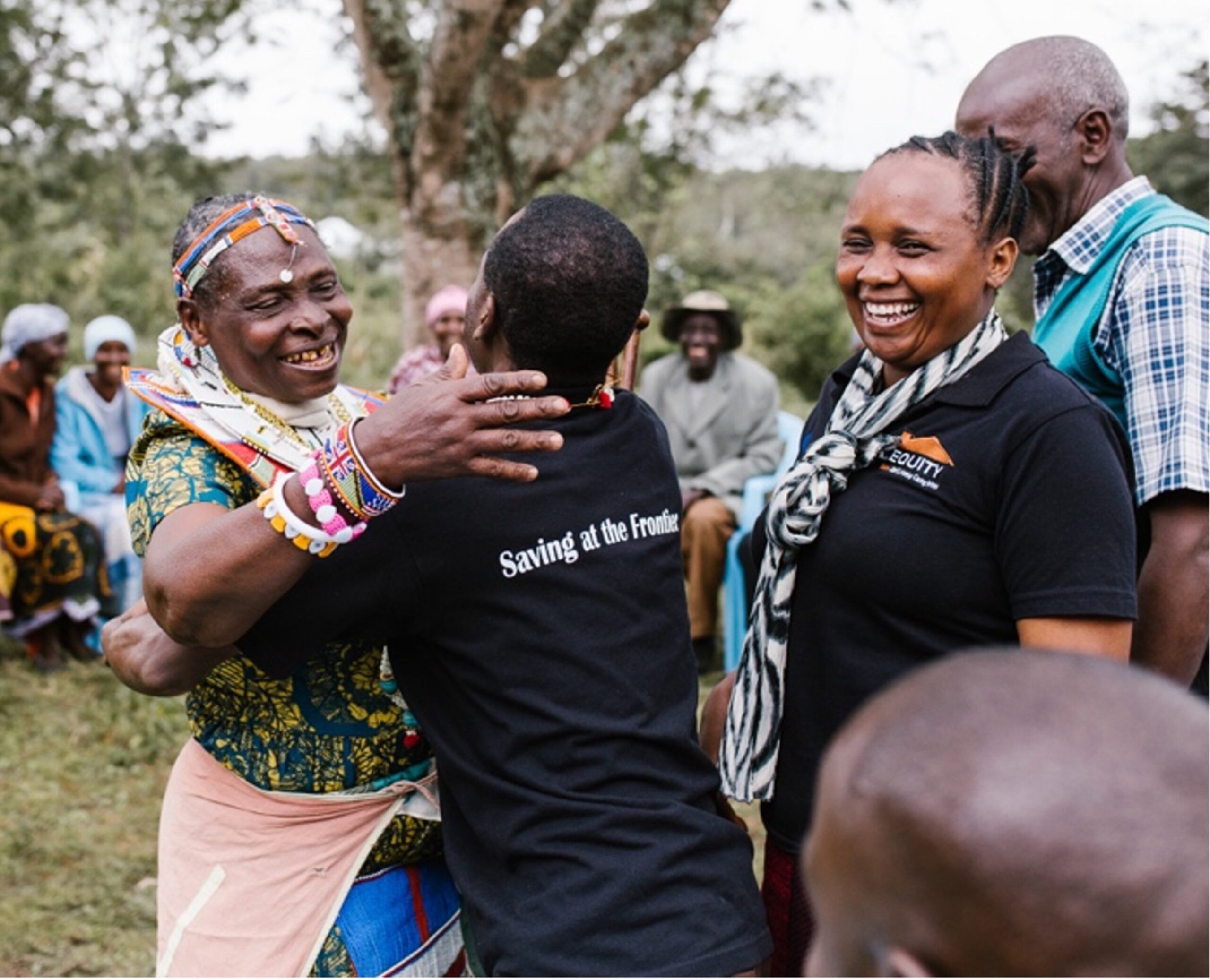QuIP findings on take-up of new formal financial services in Tanzania, Ghana and Zambia
| 28 September 2022 | QuIP Articles
Last week Bath SDR presented findings from our recently published report ‘Linking formal financial services with informal savings’ at the global webinar ‘Proven approaches to delivering inclusive finance’, a wrap up and review of six years of innovations pioneered by the Mastercard Foundation and WSBI programmes Savings at the Frontier and Scale2Save with 20 financial service providers in nine countries across Africa.
Bath SDR and our partners in Ghana, Tanzania and Zambia worked with the Savings at the Frontier programme over three years to deliver a series of deep dive qualitative impact studies looking at drivers and barriers to take up of formal financial services by individuals and groups outside of the formal financial system. The report focuses on informal savers’ responses to financial innovations as well as the external factors and product features that influenced the use and adoption of financial services.
Whilst the specific features of new products were important, interviews with individual and group savers highlighted the continuing importance of a strong relationship with bank agents to mediate take-up of any new banking services. Preferences for types of products – group or individual, cash versus digital finance – were also influenced more by social relations and cultural norms than specific technical characteristics, as well as the external economic environment. Recent rising rates of inflation driving higher costs across Sub-Saharan Africa had profound impacts on customers’ abilities to save, and this income insecurity proved to be a significant challenge to some innovations. Although loan products had helped some respondents invest in their businesses, more recent studies revealed real concerns about their ability to repay loans in the current environment and therefore a reluctance to leverage borrowing in the near future. Respondents also reported returning to cash or other forms of tangible investment (livestock) for saving since they are still perceived to be more resilient against further economic shocks.
For financial sector providers the results show that financial products are more readily accepted when strong agent networks and ease of access are built into product features. However, product features aside, the external economic and social environments provide the foundations for financial products to be used responsibly and for customers to thrive alongside them. Building trust in new services takes time and depends in large part on gradual social acceptability of services which can feel distant from customers’ day to day financial interactions.
This is an overview report based on reports from QuIP studies written up between 2019-2022 by Silvia Storchi, Joana Afonso, Aurelie Larquemin, Rebecca Huovinen and Thibault Uytterhaegen. The studies were overseen by Fiona Remnant and James Copestake of Bath Social & Development Research.
The studies were conducted in collaboration with our in-country research partners; PDA Consulting led by Clement Sefa Nyarko in Ghana, Ascent Consulting in Tanzania led by Bob Mbori and Joseph Zulu in Zambia.




Comments are closed here.